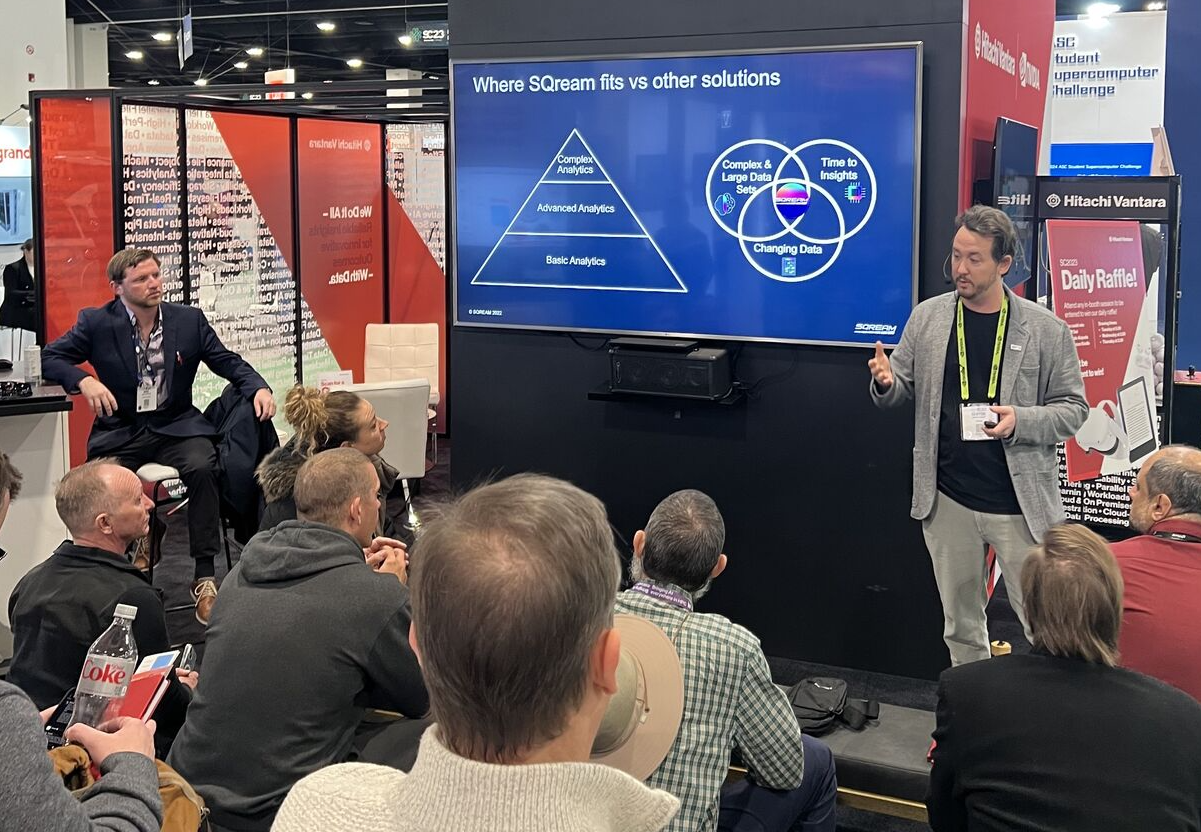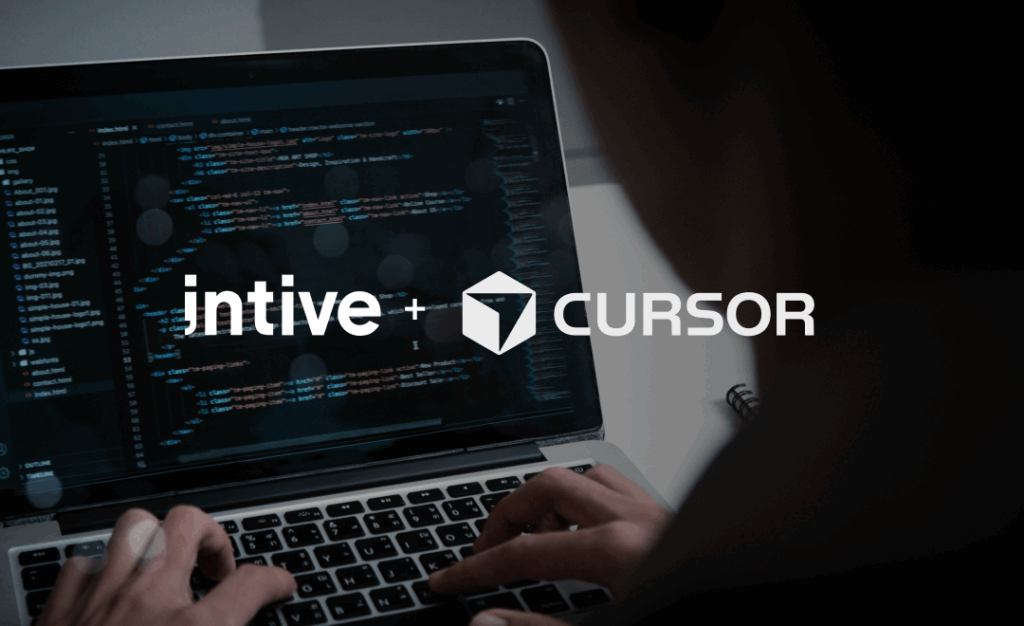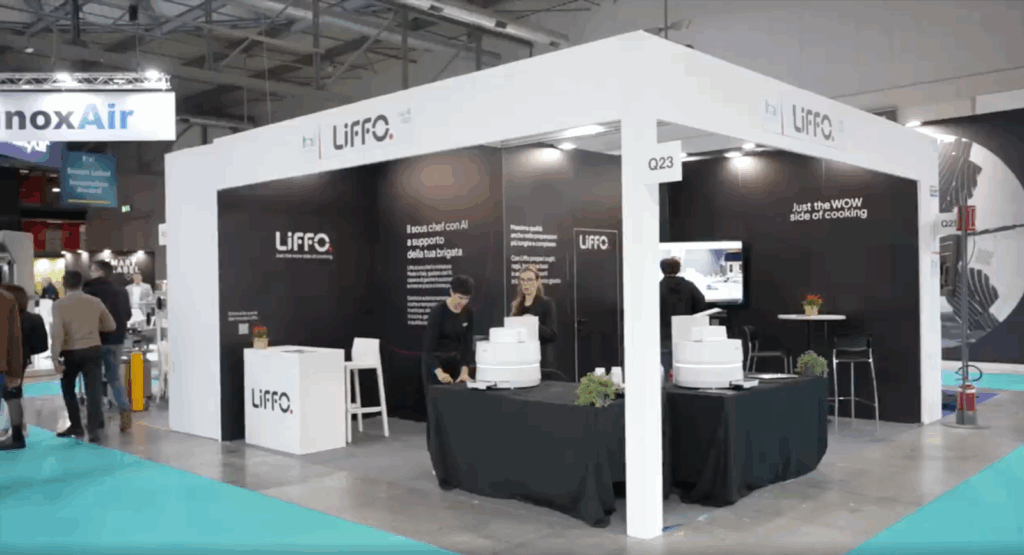Article by Vikram (V) Venugopal, General Manager, VP BioPharma at Prezent, Partner at Prezentium
Biotech and pharma remain the most promising sectors when it comes to growth, with the U.S. pharmaceutical market predicted to reach more than $1 trillion USD by 2033. However, the industry isn’t immune from complicated global socioeconomic pressures and specific headwinds such as the Biosecure Act.
Layoffs have become more common as a result, increasing by 57% in 2023 alone. In 2024, Fierce Biotech’s layoff tracker highlights this trend is still playing out.
While the biotech and pharma sectors remain in “cash-preservation mode,” AI stands to play a powerful role. This is something we’ve experienced first-hand at Prezent, which works with innovative biopharma firms.
Leveraging innovative AI tools offers an immediate way for the pharmaceutical giants to accelerate value-generating activities like drug and treatment discovery that can be applied to pressing conditions such as cardiovascular disease or cancer.
In addition, pharma has overtaken tech to become the second-largest industry for ad spending.
This highlights another significant area in which AI can lend a hand, helping executives to rapidly produce high-quality marketing campaigns and content assets.
Here are three top examples of how biopharma companies are using AI to get ahead and prepare for 2025.
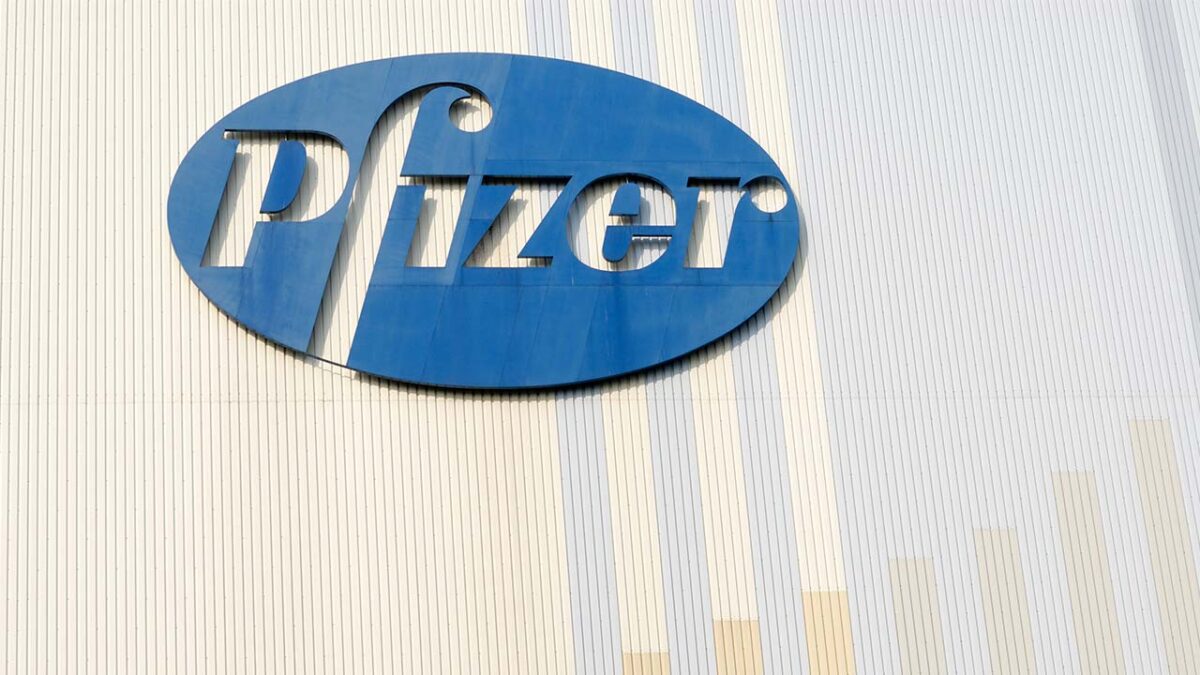
1. Pfizer
Every day, Pfizer works across developed and emerging markets to advance wellness, prevention, treatments and cures to address the most pressing healthcare challenges of today. As one of the world’s premier innovative biopharmaceutical companies, Pfizer collaborates with healthcare providers, governments and local communities to support and expand access to reliable, affordable healthcare around the world.
To support this mission, Pfizer has been developing a generative AI platform named Charlie, in homage to the pharmaceutical giant’s founder.
The AI platform is already in use by Pfizer’s hundreds of people in the central marketing team and thousands across the company’s various brands and is expected to have a significant impact on content supply chains and the entire marketing workbench.
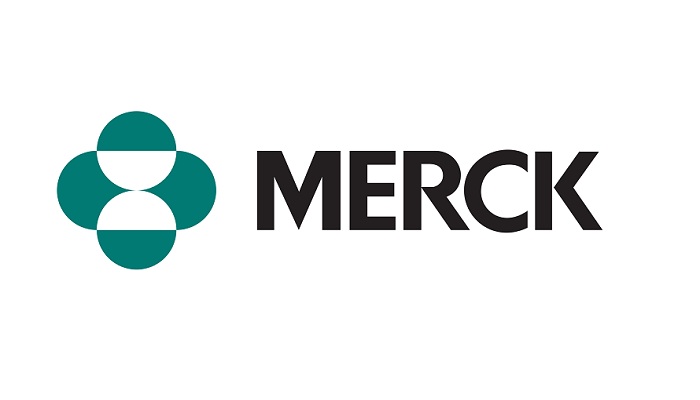
2. Merck
Merck has been leveraging the power of leading-edge science to save and improve lives around the world for more than 130 years. The biopharmaceutical company has a research-intensive strategy that aims to deliver innovative health solutions that advance the prevention and treatment of diseases.
Now, Merck is harnessing the power of generative AI to revolutionize drug discoveries with AIDDISON™.
This AI-powered drug discovery platform will help drug designers explore vast chemical space and design successful drug candidates in minutes by generating novel small molecules that match its target product profiles to bolster results across a range of care pathways.
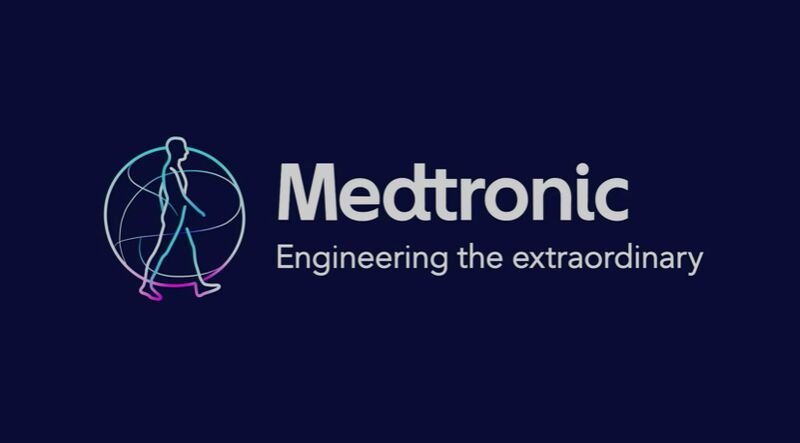
3. Medtronic
Medtronic is one the largest medical device companies in the world with operations in 150 countries. Its products treat 70 health conditions and include cardiac devices, cranial and spine robotics, insulin pumps, surgical tools, and patient monitoring systems, helping 75 million people each year.
This year, Medtronic announced a major partnership with NVIDIA that will help physicians detect polyps that can lead to colorectal cancer.
Medtronic’s GI Genius™ intelligent endoscopy module is the first FDA-cleared, computer-aided detection system using AI?to identify colorectal polyps during a colonoscopy.
The system works by scanning every visual frame of the procedure in real-time and alerting physicians to the presence of lesions such as small polyps that are difficult to detect with the human eye.



